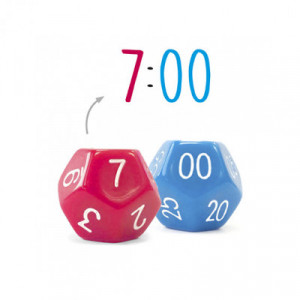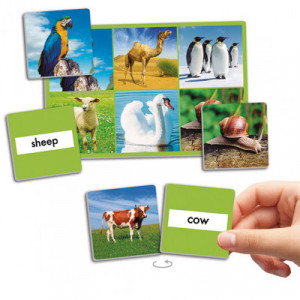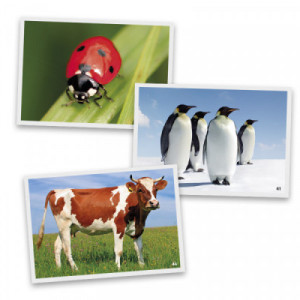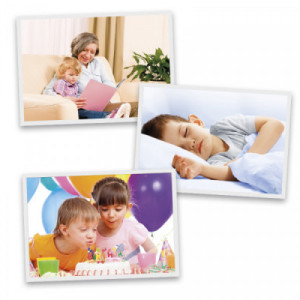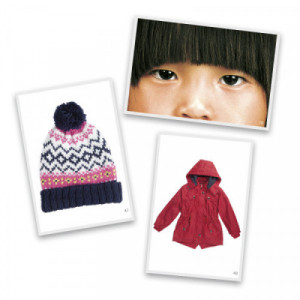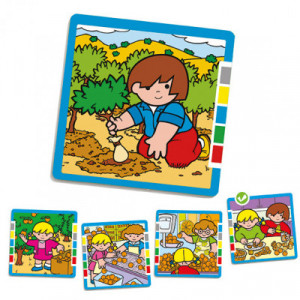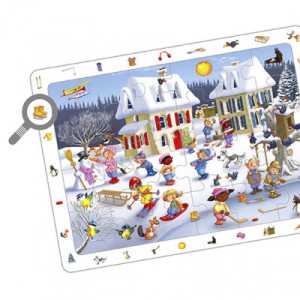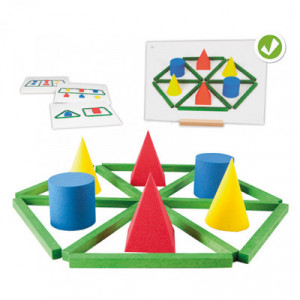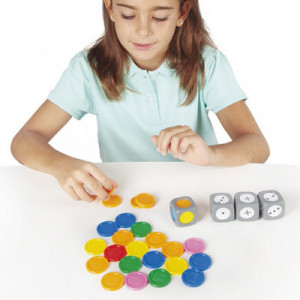Between 6 and 8 years old
Children from 6 to 8 years of age learn and understand reality through their personal experience. At this stage they are curious and impatient and their favorite question is why? applied to any object, context and circumstance. For children of this age it is essential to manipulate concepts (language, mathematics...) which helps them to assimilate, understand and learn. In addition, their social skills allow them to become increasingly integrated into social life, establishing collaborative relationships with others.
Games should help them to understand and respect the rules of coexistence, to resolve conflicts and to behave appropriately in different contexts. They must also enable their learning from different senses, as well as develop their analytical reasoning. We invite you to discover our selection of games for children from 6 to 8 years old. Learning has never been so much fun!
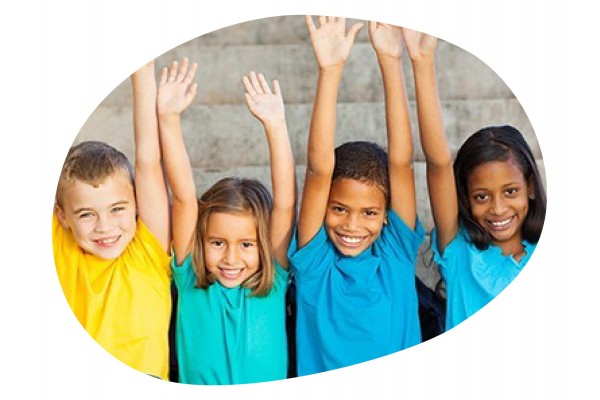
From the age of 6 to 12, the child reaches the milestone of brain development. It is the age at which the human brain has reached, in its fundamental aspects, its full degree of development.
Characteristics of children between 6 and 8 years old
Medium childhood has notorious physical and psychological transformations of young people. Physically, the growth spurt begins and some children lose the roundness characteristic of early childhood. They already have the ability to drive an infinite number of agile, precise and coordinated movements. Fine motor skills are also sophisticated enough to disassemble toys to explore their interior.
From the age of 6, the child begins a series of changes in which he or she learns to manage reasoning. It ceases to be an intuitive reason, and becomes more complex and less changeable. It becomes truly logical.
Games and sports for 6 and 8 year olds
Physical endurance is at its peak. Young people are tireless if they like the activity they do. Permanent activity can degenerate into recklessness on the part of children, because they acquire a sense of invulnerability. It is the ideal age for the initiation in sports training in an organized way.
The language is as developed as it is prolific, because the child does not stop asking questions. It is essential that father and son enjoy such a time, as communication will be more fluid than ever. The questions must find reasoned answers, or the child will gradually lose confidence in the adult.
The paradox is that, on the one hand, the child wants to communicate and, on the other hand, may be reluctant to respond to parents' requests about their activities and become overwhelmed. The guideline for parents consists of moderation: availability when the child requires it and also leaving him/her a space of intimacy.
Friends are very important to the child, and children prefer group play to solo activity, as their ability to concentrate is still limited. They already accept the different rules of the games and become more competitive. Games and sports contribute to their emotional control.
In Akros we have games adapted to all the needs of children according to their age: from toys for children from 2 years old, games specially designed for children between 3 and 6 years old or games adapted to the third age.



